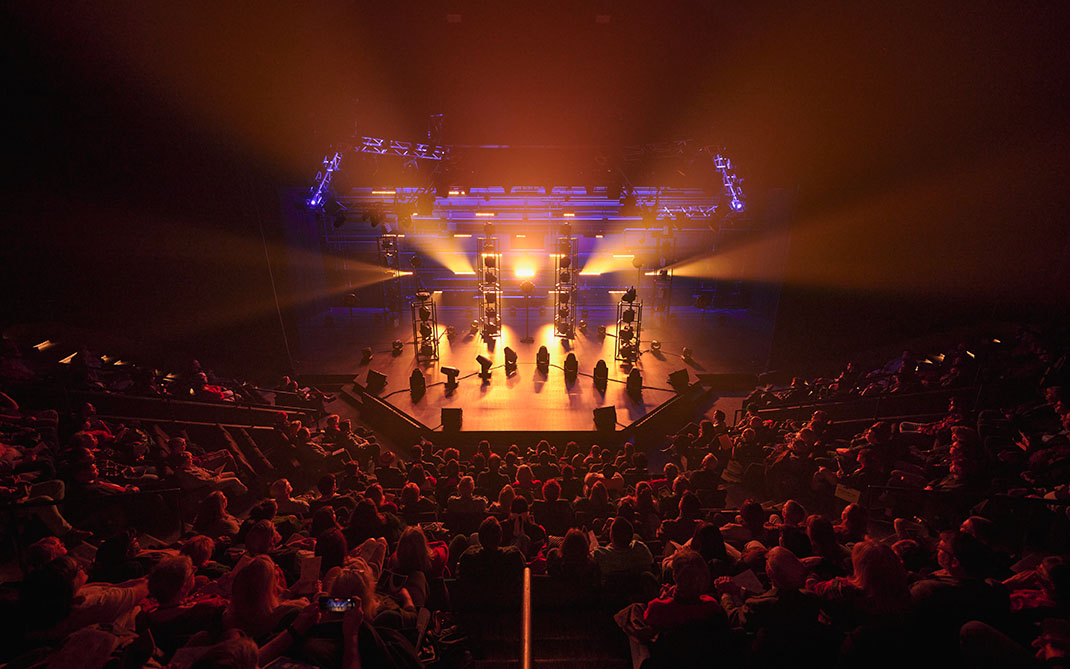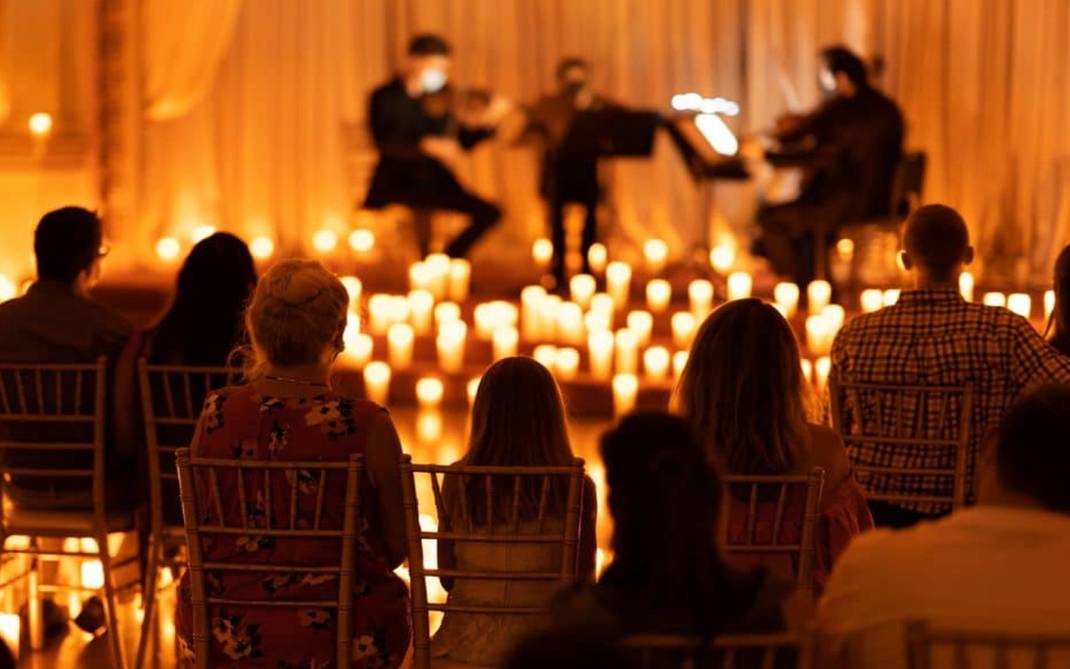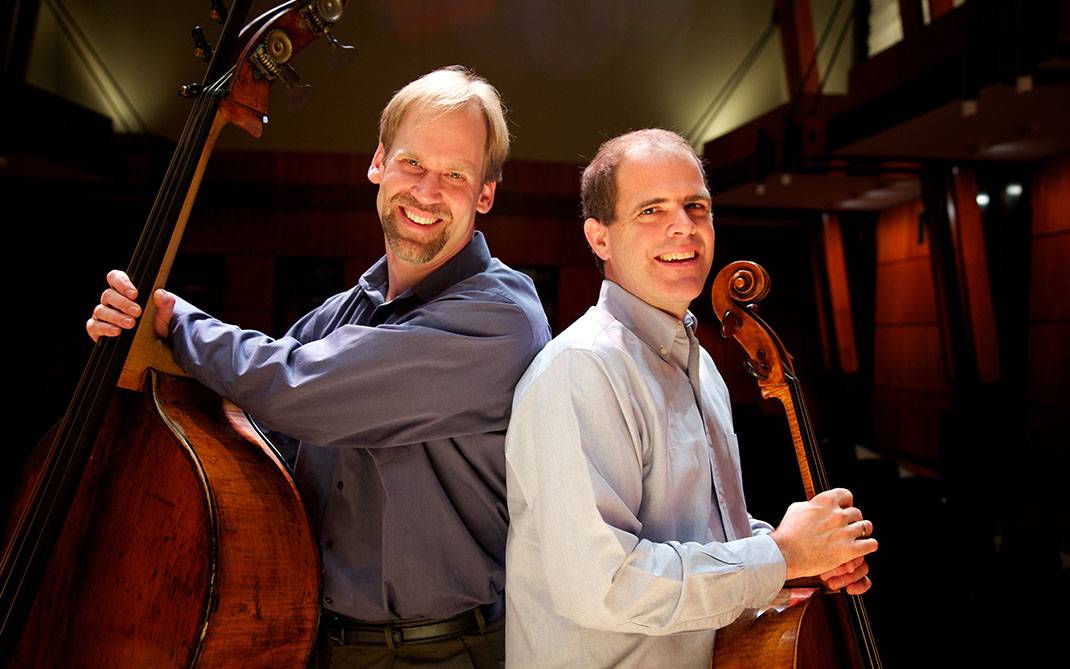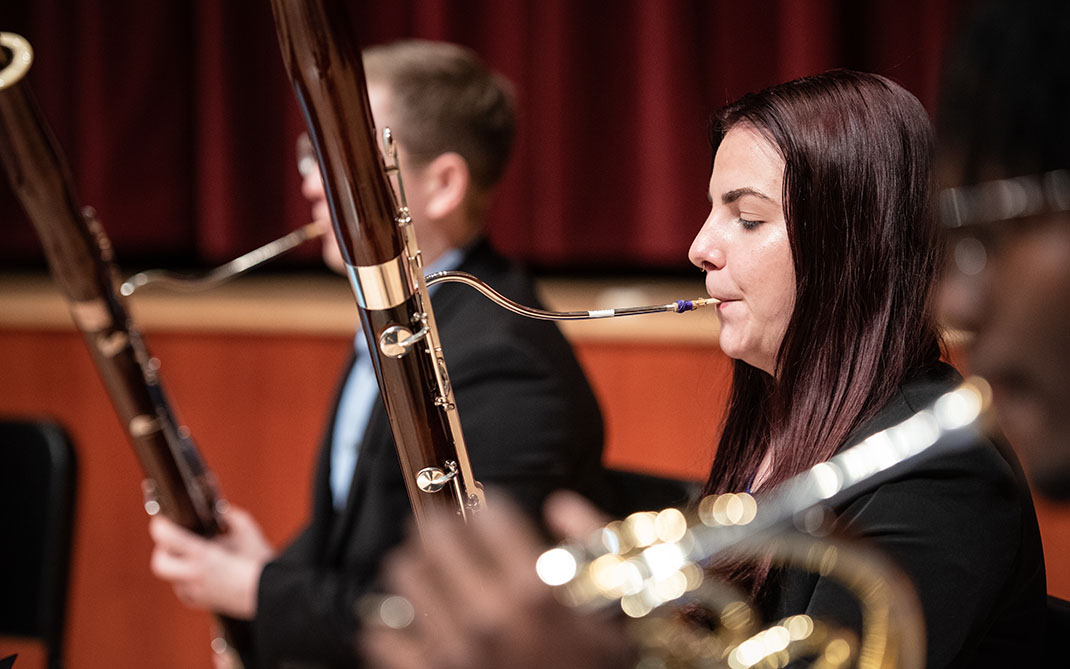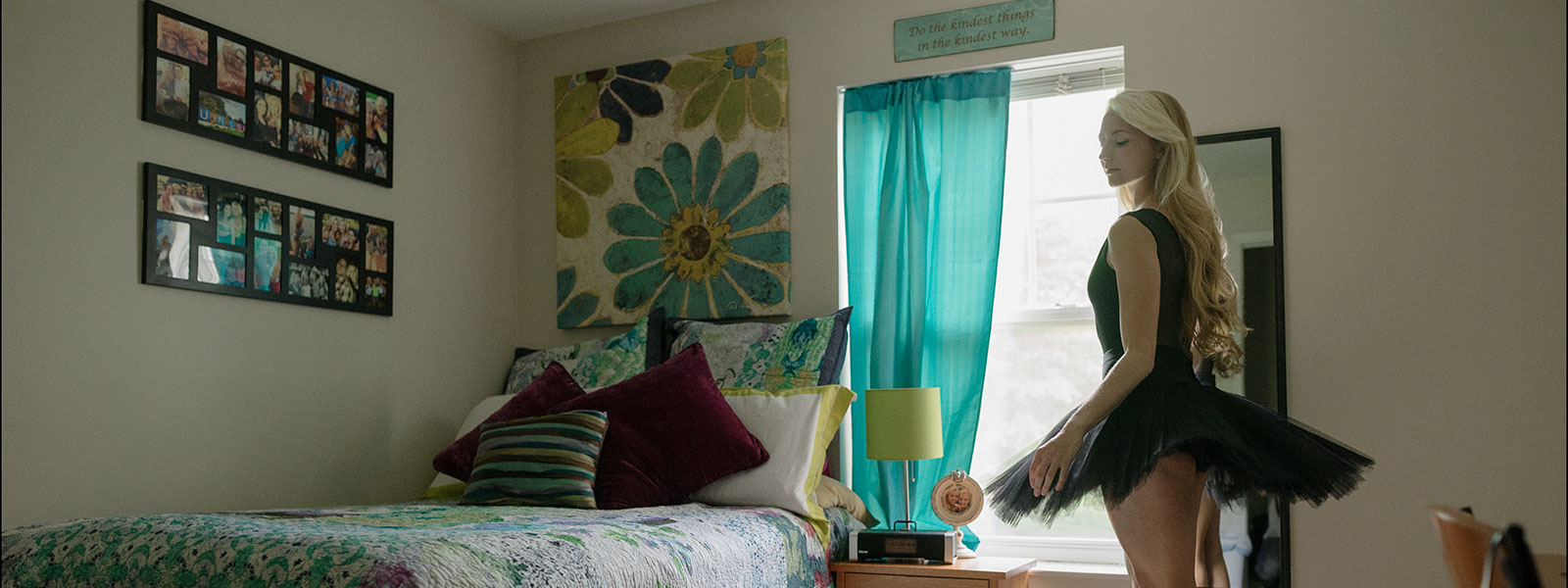Seven ways to prepare for virtual summer dance intensives
For many dancers (and dance instructors), 2021 marks their second experience with virtual summer dance intensives. While the online experience certainly differs from gathering together in a studio in person, there are some benefits to moving summer dance intensives to the flexibility of the virtual world.
Director of UNCSA Summer Dance Ashley Lindsey and Director of the Broadway Commercial Dance Lab Elizabeth Parkinson have culled through their experiences with last year's intensives and auditions to share some of the best ways to get the most out of your virtual program this year.
Auditions are now open for 2021 Summer Dance Intensives.
UNCSA offers flexible intensives in four program areas: Contemporary Dance, Ballet, Broadway Commercial Lab and Summer Dance Professional Studies.
1. Choose a program that helps you grow
Preparation begins with selecting a program. Lindsey recommends thoroughly researching all summer intensive options — and choices don't have to be mutually exclusive. If your studio at home is offering an in-person intensive, you may want to participate in that, along with a virtual intensive. "You can do both," he says.
Look at what's involved in each program and think about what you want to improve and what you want to learn. "Intensives are also a great way to meet the faculty at schools you have an interest in and get a feel for the curriculum," Lindsey says.
"Intensives are a place for you to expand your vision," Parkinson adds. "Trying something different can only make you a better dancer."
2. Treat your audition as a first impression
"Audition videos are the first time we meet the dancers. They should be confident and comfortable in what they're doing during their audition," Lindsey says.
Treat the audition as a mini-performance, he adds, making sure you rehearse it several times before recording. "We don't need to see you attempt the most difficult steps. We want to see what you do really well."
Parkinson agrees. "Show us what you can do as opposed to what you can't do," she says.
3. Prepare yourself and your space for the camera
Video is the medium for virtual auditions, intensives, classes and performances — so it's critical to make sure the camera is capturing you and your movement at its best.
"Dancers should think about the space they're going to be in," Lindsey says. "Clear out the area, make sure you have plenty of room to move and that your space is safe."
Be thoughtful about clothing and lighting. Wear something that contrasts with your background to ensure you're as visible as possible. Your strongest light source should be behind the camera, to avoid glare or harsh light obscuring your movements.
Prepare everything you need for the day ahead of time, including clothing, snacks, water and your recording device. "Plan your day and make sure everything is ready so you're set to go and can focus on being present," Parkinson says.
3. Consider how and where you appear in the frame
Staying visible on camera is important, too. "You should be able to execute a barre that's easy to see," Lindsey says. To accomplish that, he recommends framing yourself horizontally. Make sure your whole body is in the frame — or at least as much of your body as is possible, given any space constraints.
It's usually best for the camera to remain stationary. Parkinson recommends putting your camera in one place (or even on a tripod) and moving around the room until you're no longer visible on screen, marking the edges of the frame on the floor using tape. Doing so means that you'll always know when you can be seen.
4. Mind your virtual classroom etiquette
Different instructors may have different expectations during intensives, but in general, Lindsey and Parkinson both agree on some fundamental guidelines for virtual etiquette.
"Stay present in the frame as much as possible," Parkinson says. Consider what may be the least distracting to the class — whether it's leaving your space for a moment, turning off the camera or utilizing the chat box (versus the microphone) to share a message.
Get familiar with the features offered by the virtual platform you're using. For example, Zoom has a "raise your hand" feature that allows instructors to see when a participant has a question or comment they'd like to share. "Use features like that instead of unmuting and interrupting," Lindsey says, "to help keep the energy of the class moving."
5. Embrace the upsides of being virtual
While the experience of virtual dance intensives doesn't always directly correlate with what happens in person, Parkinson sees some advantages to the online experience.
Summer intensives are the beginning of developing your professional network, your community. And you can make professional connections through Zoom. When classes are small, you get a personal experience with each instructor.
Elizabeth Parkinson, Director, Broadway Commercial Dance Lab
"One benefit is that we get to meet so many more teachers than we would in person," she says. Without the constraints of busy schedules and geographic location, programs can bring in a variety of professionals from the field. "Summer intensives are the beginning of developing your professional network, your community. And you can make professional connections through Zoom. When classes are small, you get a personal experience with each instructor."
She also loves the freedom virtual sessions give dancers to try something new — in the privacy of their own spaces. "I think it's such a smart move to expose yourself to as many different areas as possible." And with the online format, she adds, "you have the space to make mistakes and learn something new in the privacy of your home."
7. Remember to communicate
For some, attending programs virtually may now be routine. However, instructors are well aware of the technological and space constraints of an at-home set up. "We are all dealing with technology and we understand technical glitches," Parkinson says.
Reach out and communicate issues with your instructors. "If something is not working or your space doesn't allow you to execute it, let your instructors know," Lindsey says. "We're not judging your space. We are looking at you, we want to see what you can do."
Get the best news, performance and alumni stories from UNCSA.
SUBSCRIBE TO OUR NEWSLETTERS
February 02, 2021
